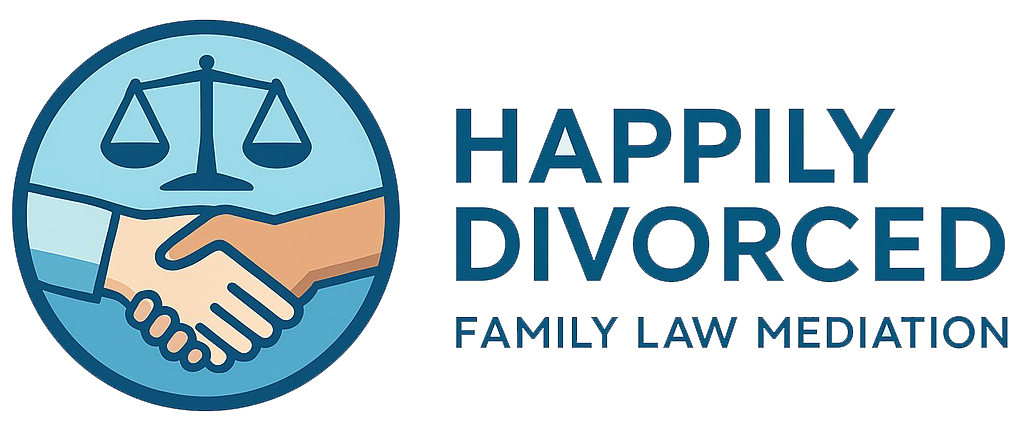Binding Financial Agreements
What Is a Binding Financial Agreement?
A Binding Financial Agreement (BFA) is a legal contract made between separating spouses—whether from a marriage or de facto relationship—that sets out how their property and finances will be divided.
A valid BFA must:
- Clearly identify all joint and individual assets and liabilities (the property pool)
- Set out how that property pool will be divided (e.g. real estate, superannuation, shares, vehicles)
- Include provisions for spousal maintenance, if applicable
- Contain recitals—relevant facts that explain how the agreement was reached
- Be signed by both parties and include lawyer’s certificates confirming each received independent legal advice
 Important: A BFA cannot include terms about child support, parenting arrangements, or custody. These must be addressed separately through a Binding Child Support Agreement or Parenting Plan.
Important: A BFA cannot include terms about child support, parenting arrangements, or custody. These must be addressed separately through a Binding Child Support Agreement or Parenting Plan.
What Does a Binding Financial Agreement Contain?
A well-prepared BFA typically includes provisions about:
- Which property will be sold and how proceeds will be split
- Buyout arrangements (e.g. one party buying out the other’s interest in a home)
- Who retains specific assets—vehicles, boats, caravans, etc.
- How spousal maintenance will be handled (if applicable)
- Superannuation division or retention
- Treatment of inheritances—received or future
- Division or transfer of interests in private companies or trusts
- Closure and division of joint bank accounts
- Division of household contents and personal property
- Full Assets and Liabilities Schedules
- Signature panel and legal advice certificates
Other financial matters (excluding children’s issues) can also be included if relevant to your circumstances.
What Are Recitals?
Recitals set the context for the agreement and explain how the parties arrived at their decisions. These typically include:
- Dates of marriage, cohabitation, and separation
- Employment status and income sources for both parties (including Centrelink or pensions)
- Details of any children (names, birthdates, care arrangements, special needs)
- Declarations of any previous marriages or existing agreements
- Any other relevant factors such as bankruptcy, criminal matters, or known creditors
What Is Included in the Assets and Liabilities Schedule?
This section outlines all property and debts held by either or both parties, including:
Assets:
- Real estate (e.g. family home, investment properties)
- High-value personal items (e.g. cars, jewellery, artwork, furniture)
- Financial assets (e.g. bank accounts, superannuation, shares, business interests)
- Interests held through trusts or companies
Liabilities:
- Mortgages
- Personal or car loans
- Credit card debts
- Tax debts and outstanding rates
- Business liabilities (if applicable)
If a party controls a company or trust, its assets and liabilities must be disclosed.
The agreement may also include terms regarding the sale or transfer of shares and how to deal with complex financial arrangements.
When Might a BFA Be Invalid?
A BFA can be set aside by a court if any of the following apply:
 Lack of Legal Advice
Lack of Legal Advice
Each party must receive independent legal advice before signing. Without this, the BFA is not legally binding.
 Non-Disclosure
Non-Disclosure
If one party fails to disclose significant financial information or attempts to hide assets, the agreement may be void.
 Duress or Undue Influence
Duress or Undue Influence
If one party is pressured, threatened, or coerced into signing, the agreement can be challenged and set aside.
 Fraud or Misrepresentation
Fraud or Misrepresentation
Any attempt to deceive the other party or misrepresent financial information can render the agreement void.
 Unconscionable Conduct
Unconscionable Conduct
If one party exploits the other’s vulnerability or lack of understanding to push through an unfair deal, the BFA may not hold up in court.
 Mistake
Mistake
If the agreement is based on a fundamental factual error, especially one that influenced the decision to sign, it can be cancelled as if it never existed.
 For more legal detail: Refer to Section 90K (marriage) or Section 90UM (de facto relationships) of the Family Law Act 1975 (Cth).
For more legal detail: Refer to Section 90K (marriage) or Section 90UM (de facto relationships) of the Family Law Act 1975 (Cth).
Need Help Drafting a BFA?
At Happily Divorced, we support individuals through the entire BFA process—from gathering financial information to finalising an agreement, which can be validated by your lawyer. Our services are fixed-fee, transparent, and focused on helping you move forward with confidence.
 Phone: 0415 807 583
Phone: 0415 807 583 Email: hello@happilydivorced.com.au
Email: hello@happilydivorced.com.au Website: happilydivorced.com.au
Website: happilydivorced.com.au
